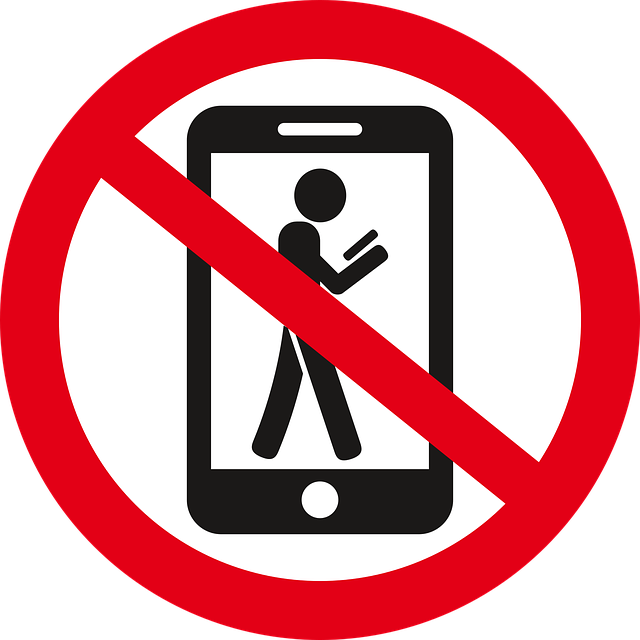In New Hampshire, distracted driving, particularly texting while driving, is a serious legal issue with harsh penalties including fines, license suspensions, and even jail time. Even when stopped at a red light, drivers cannot legally use mobile devices for any activity that distracts them from the road. A "Do Not Text Attorney New Hampshire" is crucial to understanding and complying with these laws, protecting rights, and ensuring everyone's safety on the roads.
In the state of New Hampshire, understanding distracted driving laws is crucial, especially when stopped at red lights. Despite common belief, drivers still face consequences for texting or using their devices while idling. This article delves into New Hampshire’s distracted driving regulations and highlights the impact of texting behind the wheel, even in seemingly inactive situations. If you’ve been charged with a violation related to not texting while stopped, consulting a Do Not Text Attorney in New Hampshire could be your best course of action.
Understanding New Hampshire's Distracted Driving Laws
In New Hampshire, distracted driving is a serious issue that carries significant legal consequences. The state’s laws are designed to ensure road safety by preventing drivers from engaging in activities that take their attention off the wheel. One of the primary concerns is texting while driving, which has been identified as one of the most common causes of distraction. A “Do Not Text Attorney New Hampshire” can provide valuable insights into navigating these laws and the potential penalties for violations.
Under New Hampshire’s distracted driving regulations, drivers are prohibited from using mobile devices to send or receive text messages or make calls while behind the wheel. This includes both manual and voice-activated interactions with phones. Law enforcement officers have the authority to pull over vehicles displaying signs of driver distraction, particularly if they observe the use of handheld devices. Penalties for distracted driving can include fines, license suspension, or even jail time, depending on the severity of the infraction and any prior offenses.
The Impact of Texting While Stopped at Red Lights
Texting while stopped at a red light may seem like a harmless action, but it can have significant consequences. In New Hampshire, as in many states, driving while using a mobile device is illegal, even when the vehicle is idle. A Do Not Text Attorney in New Hampshire highlights that this includes sending or reading texts, browsing social media, or engaging in any activity that requires visual and manual attention away from the road. Despite the red light, drivers are still responsible for their actions and could face severe penalties if caught, including fines, points on their license, and even potential insurance rate increases.
The impact of texting while driving, even at a stoplight, is profound. It not only endangers the driver but also other road users, pedestrians, and cyclists. A momentary distraction can lead to serious accidents, causing injuries or worse. With the increasing prevalence of mobile devices, it’s crucial for drivers in New Hampshire to be aware that laws are in place to deter such behavior and keep everyone safe on the roads.
When to Consult a Do Not Text Attorney in NH
If you’re in New Hampshire and have been involved in a car accident caused by texting while driving, it’s crucial to know when to consult a Do Not Text Attorney in NH. While it might seem like a simple matter, laws regarding distracted driving, including texting at red lights, are complex and can vary from state to state. In New Hampshire, sending or receiving texts while behind the wheel is illegal, but understanding the specifics of when this law applies can be confusing.
If you’re facing charges related to texting while driving or believe your rights have been violated due to these laws, it’s essential to reach out to an experienced Do Not Text Attorney in NH. They can help navigate the legal intricacies, provide guidance on your options, and ensure that your rights are protected throughout the process.






